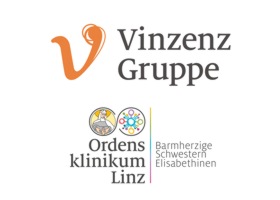Evolution of Endoscopic Anterior Component Separation to a Precostal Access with a New Cylindrical Balloon Trocar.Tools Köhler, Gernot und Fischer, Ines und Kaltenböck, Richard und Lechner, Michael und Dauser, Bernhard und Jorgensen, Lars Nannestad (2018) Evolution of Endoscopic Anterior Component Separation to a Precostal Access with a New Cylindrical Balloon Trocar. Journal of laparoendoscopic & advanced surgical techniques. Part A, 28 (6). pp. 730-735. ISSN 1557-9034 Für diesen Eintrag wurde kein Volltext-Dokument angefügt.
|
||||||||||||||||
|
|
|
|


 Tools
Tools Tools
Tools